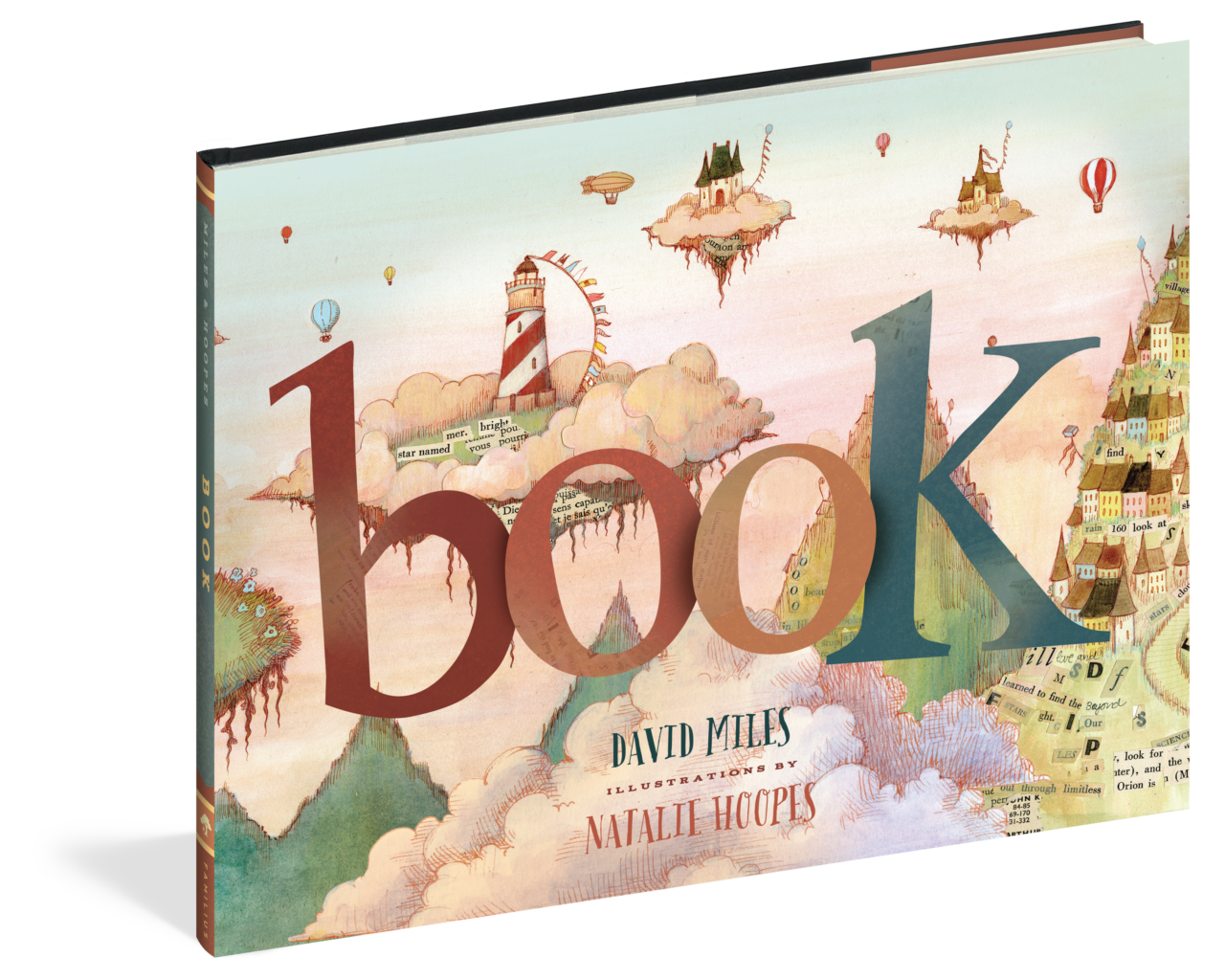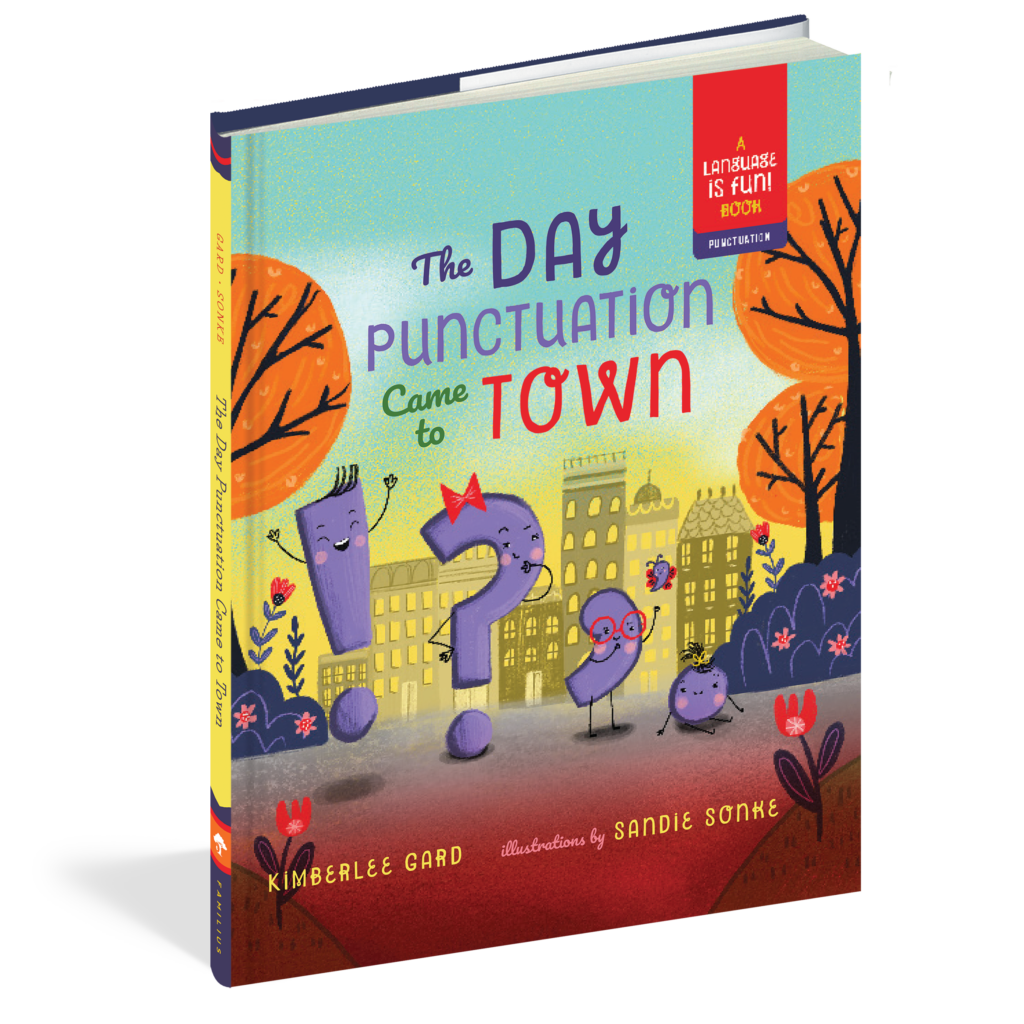
16 Easy Steps to Improve Your Child’s Reading Skills
Book lovers love literacy, and book lovers who are parents love literacy—and their kids. Celebrate National Family Literacy Month with these tips to help your kids improve their reading skills.
If you’re a book lover, then reading is a huge part of your life. Maybe you can’t even imagine what the world would be like without books. But unfortunately, kids aren’t born with that love for reading. They don’t even know what literacy means. (To be fair, there are a good number of us adults who don’t either.)
November is National Family Literacy Month. So in celebration, here are some tips to help your kids improve their reading skills.
1. Read Aloud
Reading to and with your child from an early age is one of the most important things you can do to promote reading skills. Make it a daily ritual. (Bedtime stories are a tradition for a reason.) And make it constant. Read everything from road signs to menus to—of course—books.
2. Create a Literature-Rich Environment
Surround your child with books and other reading materials at home. This encourages them to explore and engage with written words.
3. Visit the Library
Take your child to the library regularly. Let them pick out books that interest them, and consider participating in library programs and events.
4. Model Reading
Children often imitate what they see. Show your child that reading is an enjoyable and important activity by reading in front of them.
5. Introduce a Variety of Literature
Encourage your child to read various types of materials, including fiction, non-fiction, comics, and poetry. The more they read, the more they will understand language, and the more their reading skill will improve.
6. Teach the Letter Sounds
Letters and sounds can be confusing for kids who haven’t read or spoken as much as adults have. Teach your child to recognize and manipulate the individual sounds (phonemes) in words. Simple games like rhyming words can be helpful.
7. Talk about Each Word and the Basic Rules
Talk to your child frequently, introduce them to a wide range of words, and discuss the meaning of words in the books you read together. You can even talk about punctuation and how they make the different words sound. This will increase their vocabulary and give them a better understanding of sentence structure and the basics of grammar.
8. Encourage Interactive Reading
Encourage your child to ask questions about the story, predict what will happen next, and discuss the characters and plot.
9. Write about It
Help your child understand what they’re reading by asking them to summarize the story, make connections, and infer meaning. Writing about what they learned will help them organize information and will improve their reading comprehension.
10. Practice Writing
A large part of learning to read is understanding how words work together to form sentences and paragraphs. And kids get the greatest understanding of this when they do it themselves. Encourage your child to write, and not just after they’ve read something. This can be done through journaling, writing stories, or even writing thank-you notes or letters.
11. Use Technology Wisely
Educational apps and websites, and even AI, can be valuable tools for learning, but they should be used in moderation and under supervision. Kids aren’t really learning reading skills if they aren’t putting in the work themselves.
12. Play Educational Games
Educational games are another form of literature kids can ingest—but the fun, interactive kind. Many educational games and puzzles can help improve reading skills while being entertaining. This is great if your child dislikes reading or has trouble understanding sounds, spelling, or the basic rules of grammar.
13. Join Book Clubs and Reading Groups
If your child just doesn’t like sitting still to read, join or start a children’s book club or reading group. This can make reading more social and enjoyable.
14. Track Progress
Keep track of your child’s progress. If you notice any struggles, consider seeking guidance from teachers or literacy specialists. Whether it’s a reading disorder or you just don’t know how to help your child learn to read, there’s no shame in asking for help. The sooner you do, the more likely it is that your child will learn to love reading.
15. Be Patient and Supportive
Every child develops literacy skills at their own pace. Encourage your child’s efforts, and be patient with their mistakes and struggles. They are more likely to improve their reading skill when you praise them for their wins and reassure them through their losses.
16. Make it Fun
The most important thing is to make reading and writing enjoyable. Find ways to make learning a fun and rewarding experience for your child.
Just Read and Write—A LOT
In the end, it seems like there’s a lot to consider and worry about when helping kids improve their reading skills. But don’t let it scare you. If you can only take one thing away from this article, take this: Encourage your child to read and write—daily, weekly, whatever works best for your family. Just make sure that they read and write a lot. That’s it. All the rest will fall into place as your kids read and grow, but reading skills must start with a love of reading.
Books That Help Kids Love Reading


Book

The Day Punctuation Came to Town

The Road Not Taken
Shaelyn Topolovec earned a BA in editing and publishing from BYU, worked on several online publications, and joined the Familius family. Shae is currently an editor and copywriter who lives in California’s Central Valley.
